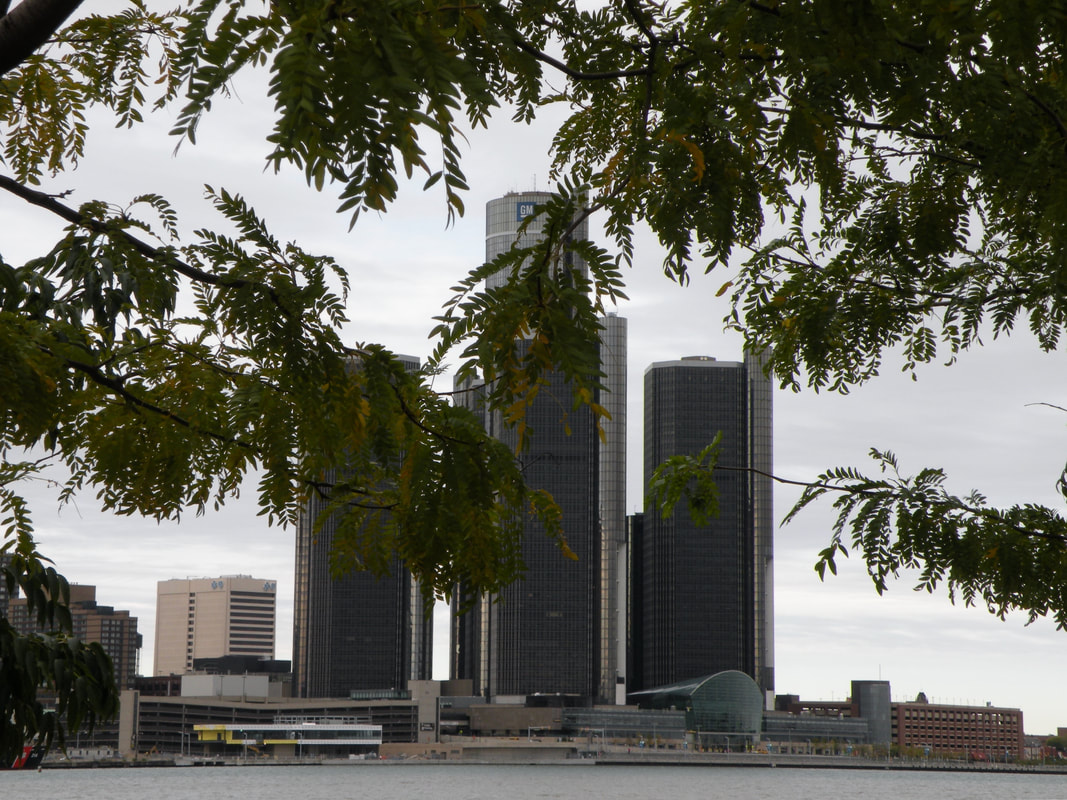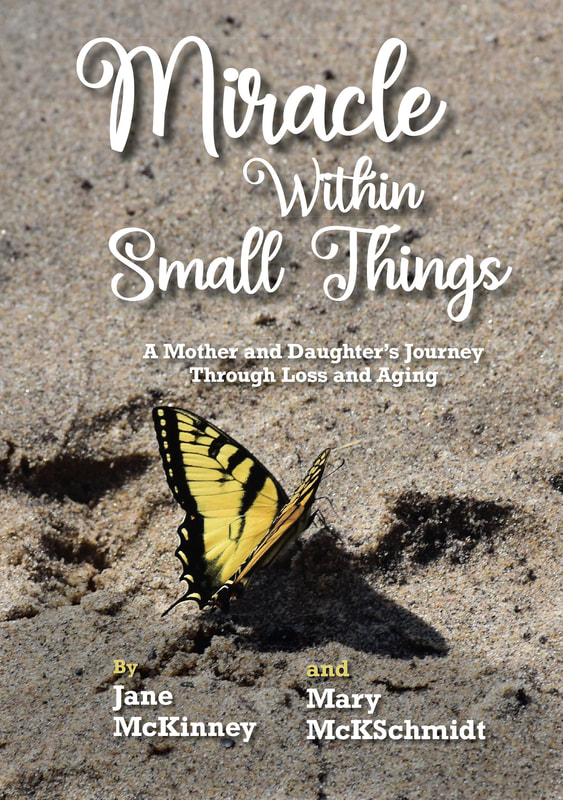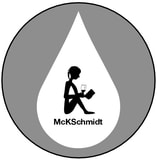|
I worried, as I am prone to do, about the thousands of families in Detroit without even a dribble flowing from faucets, their water shut off because of unpaid bills. How do they wash their hands for twenty seconds when they enter their homes? How do they drink plenty of water at the first hint of COVID-19 symptoms? How do they stay healthy? Still reeling from the decline in manufacturing and the resulting mass exodus of people, Detroit has fewer residents to pick up the tab for oversized and aging water infrastructure. Under pressure to meet EPA water quality requirements and with federal funding for water and sewer systems declining, the investment burden has fallen on the shoulders of local taxpayers. With roughly 35% of Detroit residents living below the poverty level, and bankruptcy driving a 2014 decision to use water shutoffs as an incentive for bill payment, at least 100,000 households have experienced a water shutoff over the last seven years. Data suggests the problem was not willingness to pay, but ability to pay. On March 7th, before the first case of coronavirus was reported in Michigan, Governor Gretchen Whitmer, Detroit Mayor Mike Dugan, and Detroit Water and Sewerage Department Director Gary Brown initiated a Coronavirus Water Restart Plan. For $25/month for the duration of the crisis, 2,640 Detroit households will be allowed to reconnect to city water. Thankfully, the state of Michigan is picking up the reconnecting costs. But while the monthly fee is more affordable, ultimately, the families will be charged for water used during this crisis, as well as those unpaid bills from the past. If they were without sufficient funds before the looming recession, where will they find money after? Particularly if the rates remain the same? In the documentary, Flint: The Poisoning of an American City, ground water expert Dr. Will Sarni says we need to think about water at a national level. “We have 19th century water policy, 20th century infrastructure, and 21st century challenges with respect to our water.” We are seeing the result as COVID-19 sweeps across our country. A 2017 Michigan State University study estimates that if water costs continue to increase the same rate for the next five years, a third of US households may be unable to afford water. Meanwhile, ninety cities and states have suspended water shutoffs during the coronavirus pandemic. Unfortunately, only twenty percent have agreed to reconnect those households to public water. According to a report in The Guardian, the rest have only committed to halting new shutoffs. It makes me appreciate the leadership demonstrated by Michigan’s governor. Water is a matter of life and health. Ask the families of the 1,035 people in Michigan who have contracted COVID-19 in the last twelve days. Weep with the families of the nine who have died. And pray for those in this country who still do not have access to water. Their health affects us all. Food and Water Watch. “America’s Secret Water Crisis: National Shutoff Survey Reveals Water Affordability Emergency Affecting Millions.” October 2018
Anna Recchie, Joseph Recchie, John Powell, Lauren Lyons, Ponsella Hardaway, Wendy Ake. Haas Institute for a Fair and Inclusive Society at UC Berkeley, MOSES, and Praxia Partners. “Water Equity and Security in Detroit’s Water and Sewer District.” January 2019 City of Detroit Water and Sewerage Department. “Program Update: Coronavirus Water Restart Plan.” March 20, 2020. Flint: The Poisoning of an American City. Available on Amazon Prime. Nina Lakhani. “90 US cities and states suspend water shutoffs to tackle coronavirus.” The Guardian. 3/16/20 Daily Coronavirus Updates in Michigan
1 Comment
Eric Stemle
3/23/2020 11:01:18 am
My God, this is so basic! Water is life! How can anyone with a scintilla of conscience approve shutting off a family's means of survival? I have much gratitude to Governor Whitmer for her insightful leadership, but she needs help. Thank you, Mary, for once more pointing us in the direction we need to go to lend ours!
Reply
Leave a Reply. |
From briefcase to pen, paper and camera, one woman's journey to influence
how we care for the environment, our seniors, each other. Available
from your local bookstore or online retailer 
The Ideal Gift Tiny Treasures, a collection of wildflower photographs and poetic prose, available by contacting me. The 2nd Edition of Tiny Treasures is designed for use on PCs, tablets, and phones and is available at online stores. To learn more, click on the Ibook/Ebook button below:
|




 RSS Feed
RSS Feed
